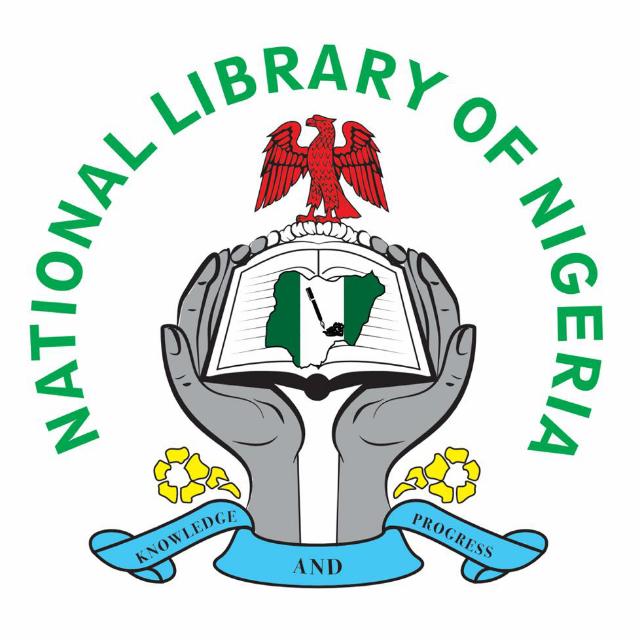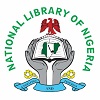he cost of conducting the 2023 General Elections, put at N305 billion, has caused deep concern among the media and civil society. The Daily Trust has estimated that INEC could not have expended less than N1.24 trillion in the past ten years, and CISLAC has referred to the budget as "humongous". Given the dwindling revenues accruing to the Federal Government, most Nigerians would argue that this amount could be deployed to other areas of desperate need. Elections are essential precursors to democracy, and the Independent National Electoral Commission (INEC) and other Election Management Bodies (EMBs) in the West African sub region have been worried over the rising cost of elections. The Economic Community of West African States (ECOWAS) commissioned a study in 2011 to compare the cost of elections in West Africa. The study found that Benin Republic had the highest cost of election, while Burkina Faso had the least. To reduce these costs, Election Management Bodies (EMBs) in the West African sub region, and indeed the African continent, began to share experiences and offer technical assistance to each other. Nigeria's INEC assisted the National Elections Commission (NEC) of Liberia with the deployment of ICT experts to clean up its register of voters, while the Liberian NEC hosted DDCMs. INEC also shared experiences with the Independent Electoral and Boundaries Commission of Kenya (IEBC) and the International Institute for Democracy and Electoral Assistance (International IDEA).
 Index to Nigerian Newspapers
Index to Nigerian Newspapers
